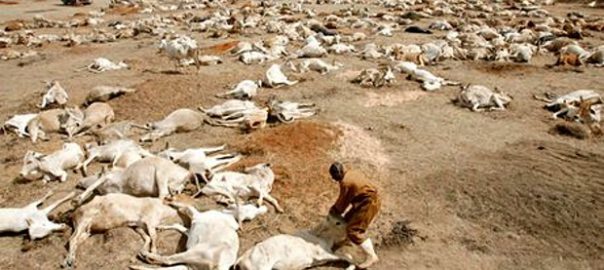Earth is a planet in upheaval, say scientists, as the World Meteorological Organisation publishes analysis of recent heat highs and ice lows
The record-breaking heat that made 2016 the hottest year ever recorded has continued into 2017, pushing the world into
“truly uncharted territory”,
according to the World Meteorological Organisation.
The WMO’s assessment of the climate in 2016, published on Tuesday, reports unprecedented heat across the globe, exceptionally low ice at both poles and surging sea-level rise.

Global warming is largely being driven by emissions from human activities, but a strong El Niño – a natural climate cycle – added to the heat in 2016. The El Niño is now waning, but the extremes continue to be seen, with temperature records tumbling in the US in February and polar heatwaves pushing ice cover to new lows.
“Even without a strong El Niño in 2017, we are seeing other remarkable changes across the planet that are challenging the limits of our understanding of the climate system. We are now in truly uncharted territory,”
said David Carlson, director of the WMO’s world climate research programme.
“Earth is a planet in upheaval due to human-caused changes in the atmosphere,” said Jeffrey Kargel, a glaciologist at the University of Arizona in the US. “In general, drastically changing conditions do not help civilisation, which thrives on stability.”
The WMO report was “startling”, said Prof David Reay, an emissions expert at the University of Edinburgh:
“The need for concerted action on climate change has never been so stark nor the stakes so high.”
The new WMO assessment also prompted some scientists to criticise Donald Trump.
“While the data show an ever increasing impact of human activities on the climate system, the Trump administration and senior Republicans in Congress continue to bury their heads in the sand,”
said Prof Sir Robert Watson, a distinguished climate scientist at the UK’s University of East Anglia and a former head of the UN’s climate science panel.
Read more: The Guardian
